Help Your Child Own Their Growth
with Confidence
Support emotional understanding and self-belief during life’s big changes.
Embracing Development
Designed with educators, backed by psychology, and
easy to integrate into your school’s
routine.

Plan Objectives
 Understanding Emotions
Understanding Emotions
Teach children to identify and manage emotions effectively during growth.
 Building Self-Confidence
Building Self-Confidence
Encourage children to embrace their evolving identity and believe in themselves.
 Overcoming Fears of Change
Overcoming Fears of Change
Provide tools to help children navigate anxieties related to growing up.
 Developing Emotional Regulation
Developing Emotional Regulation
Support children in handling mood swings and hormonal shifts.
Why This Plan?
This plan addresses the following challenges by developing targeted skills

My child is unaware of their own emotions

My child consistently makes poor choices

My child has fears that overwhelm them

My child has difficulty outside of their comfort zone
My child is unaware of their own emotions
How This Plan Helps
Teaches children to recognize and regulate their emotions effectively.
Skill: Self-Management
Course: Emotional You: Managing Your Emotions
My child consistently makes poor choices
How This Plan Helps
Encourages children to believe in themselves and make positive decisions.
Skill: Self-Confidence
Course: Confident You: Believe in Yourself
My child has fears that overwhelm them
How This Plan Helps
Provides techniques for children to manage and overcome anxieties.
Skill: Fear Management
Course: FearLESS: Building Brave Young Hearts
My child has difficulty outside of their comfort zone
How This Plan Helps
Teaches mindfulness practices to help children feel grounded in new experiences.
Skill: Meditation
Course: Meditation Foundation: Breath & Self-Awareness
01 Managing Emotional Ups and Downs
Teaches children to regulate emotions and handle mood swings effectively.
02 Believing in Themselves
Helps children build self-confidence as they grow and develop.
03 Facing New Challenges Without Fear
Provides strategies to reduce anxiety about developmental and social changes.
04Practicing Mindfulness for Self-Awareness
Introduces meditation techniques to help children manage stress and stay present.
Real-Life Applications
How this plan's skills apply to real-world scenarios for everyday success
Courses Included
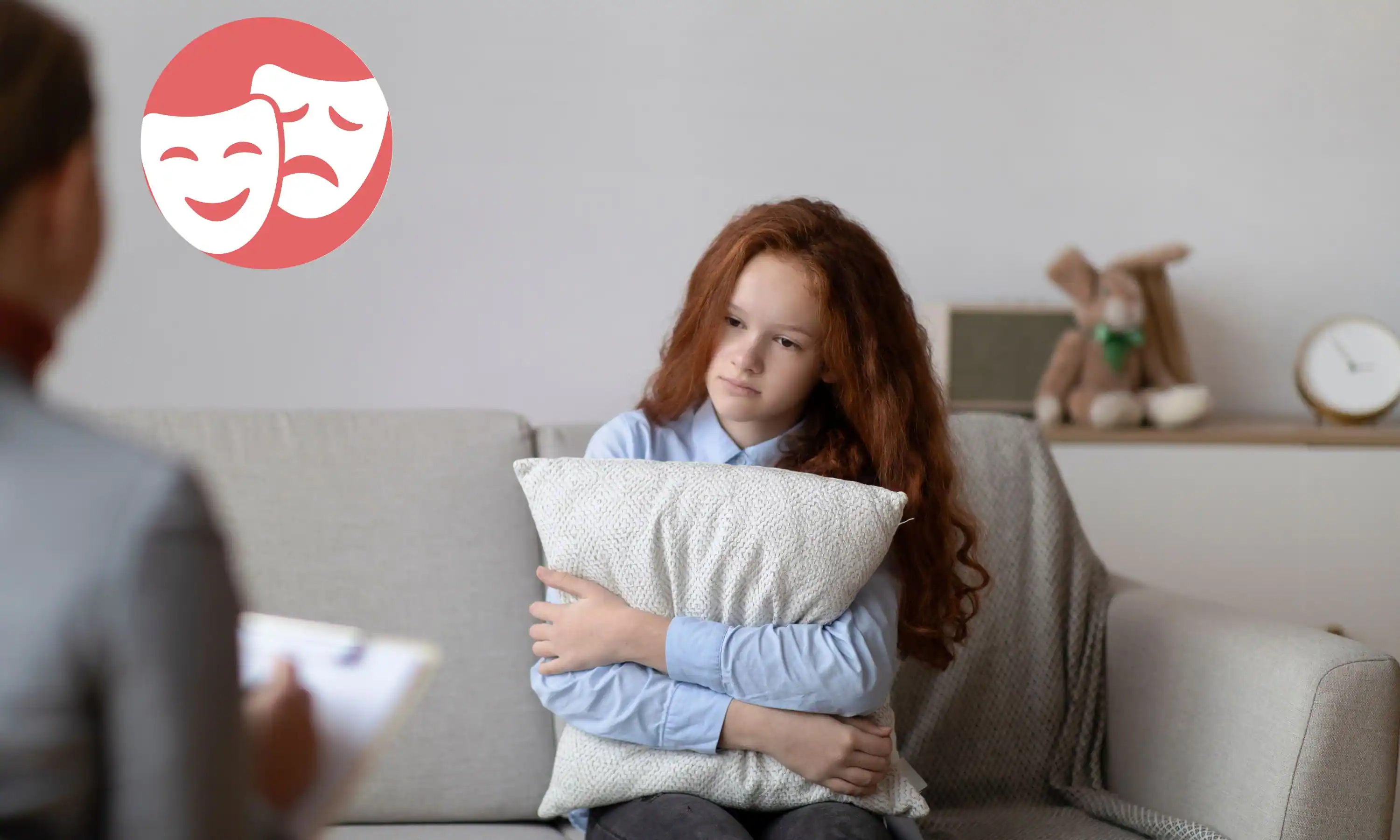

Emotional You: Managing Your Emotions
Emotional
Self-Management
Course Details:
Modules: 4 |
Lessons: 33
Understand Emotions:Recognize how feelings influence thoughts, behaviors, and relationships.
Cope with Stress: Use breathing and distraction techniques to manage challenging emotions.
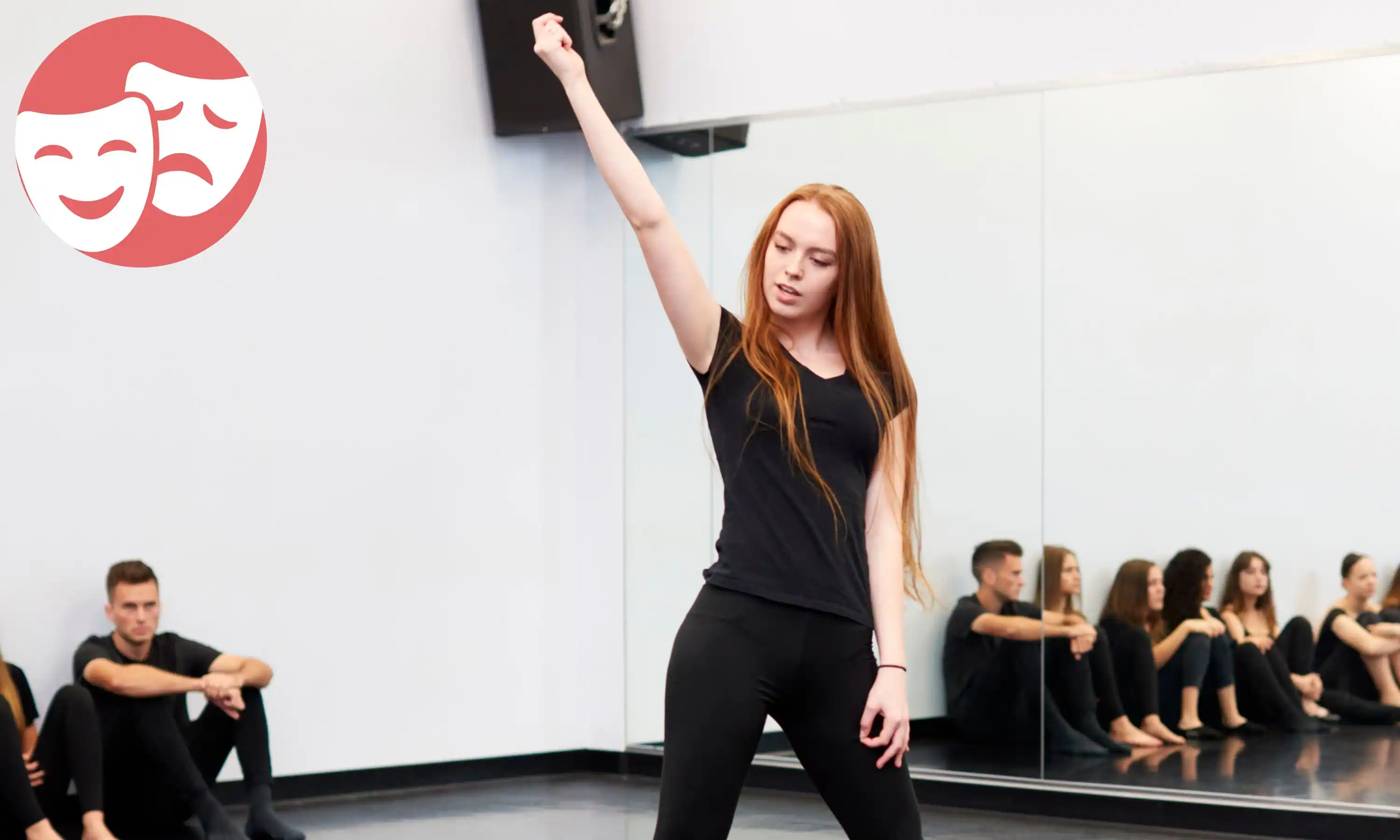

Confident You: Believe in Yourself
Emotional
Self-Confidence
Course Details:
Modules: 4 |
Lessons: 32
Discover Self-Belief: Understand how confidence transforms growth and relationships.
Master Positive Self-Talk: Replace self-doubt with empowering inner dialogue daily.
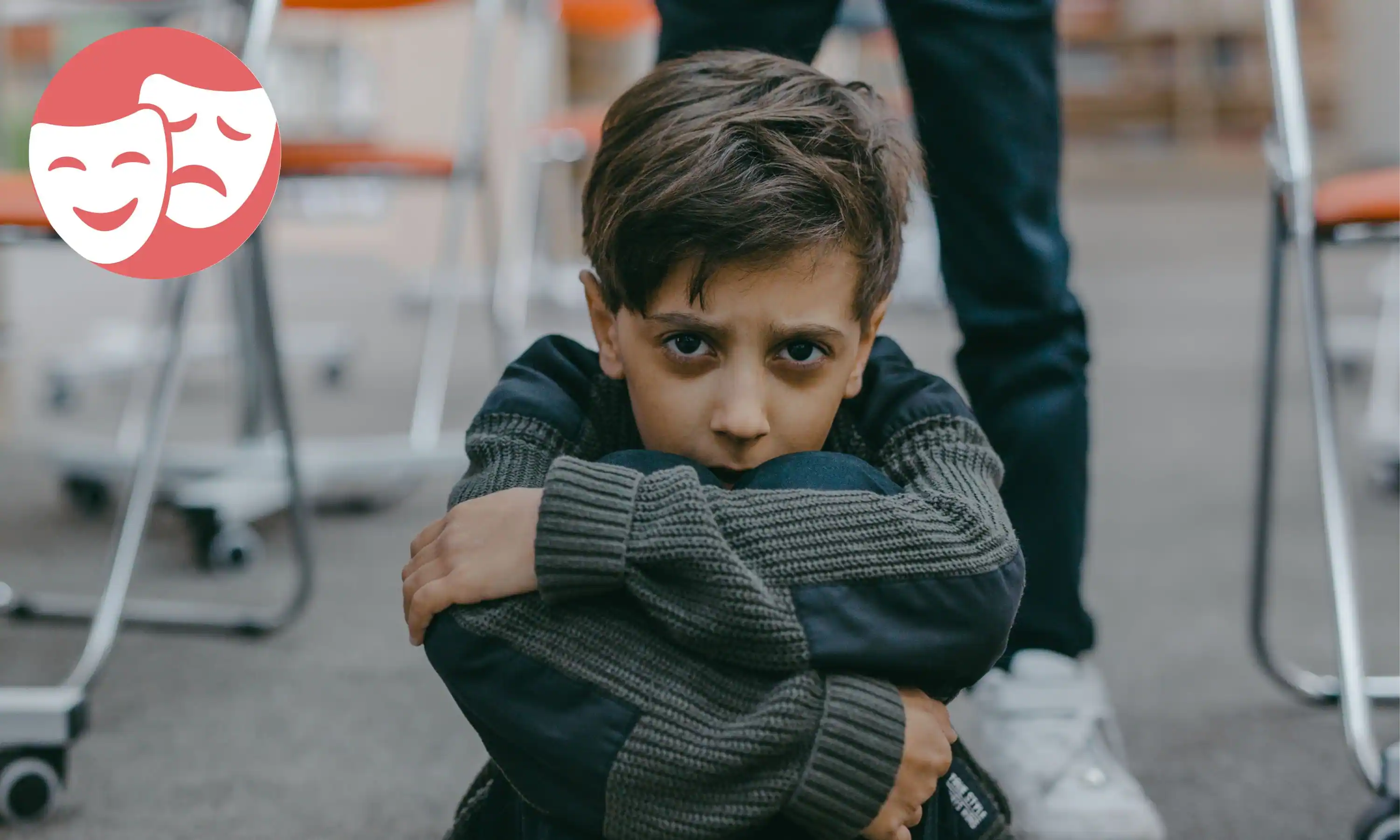

FearLESS: Building Brave Young Hearts
Emotional
Fear Management
Course Details:
Modules: 4 |
Lessons: 31
Understanding Fear: Recognize fear’s role and learn when it’s helpful or harmful.
Coping Strategies: Explore methods to manage fears like social anxiety and failure.
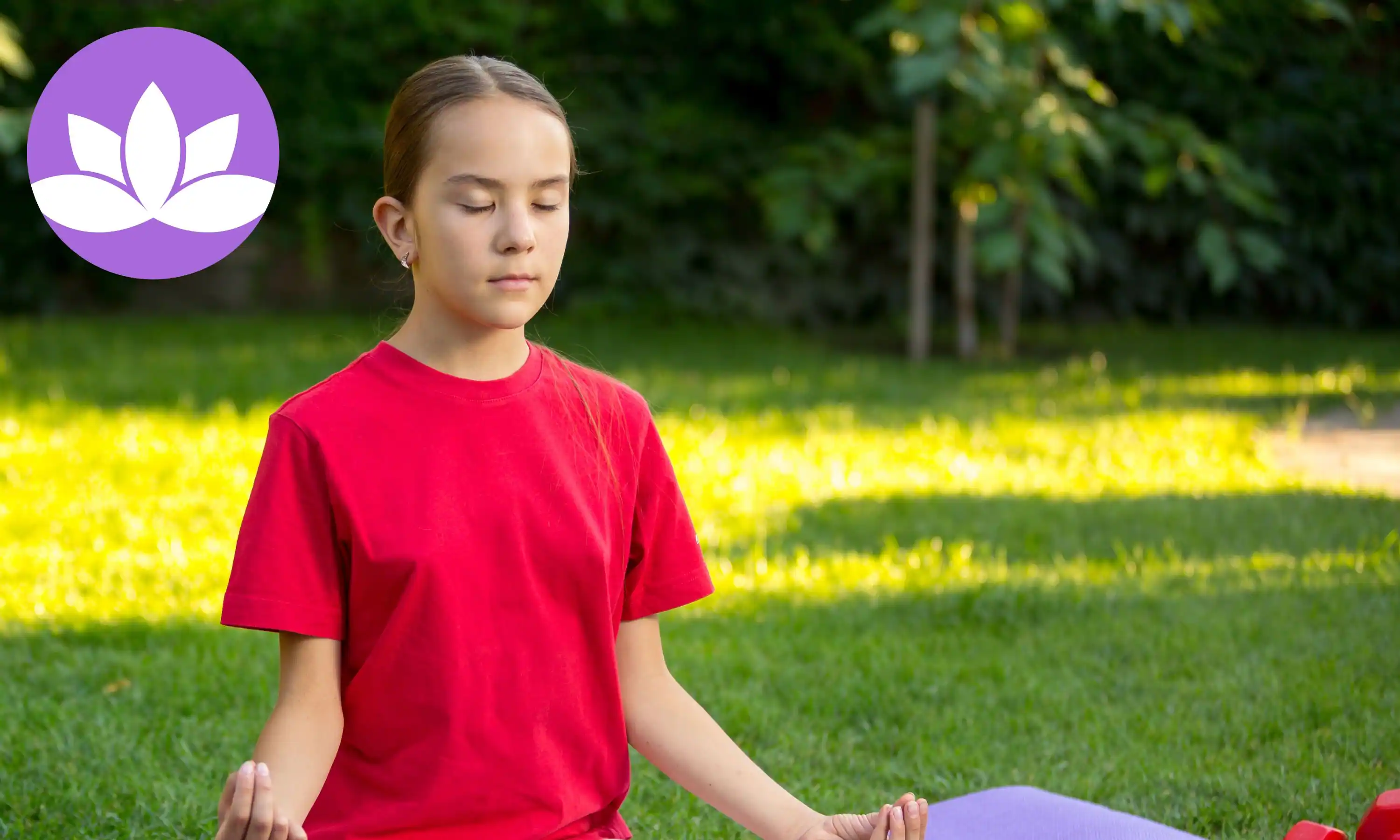

Meditation Foundation: Breath & Self-Awareness
Mindfulness
Meditation
Course Details:
Modules: 4 |
Lessons: 32
Mindfulness Skills: Develop mindfulness to enhance focus, manage emotions, and reduce stress.
Self-Awareness: Cultivate awareness of thoughts, feelings, and behaviors to foster personal growth.
Meet the Course Creators

Dr. Corina Weir
Emotional You: Managing Your Emotions
Dr. Corina Weir
Emotional You: Managing Your Emotions
Dr Corina Weir with over 8 years of specialized experience in behavior change and pediatric psychology. As a former University lecturer, she has a passion for educating the next generation. Her role as a working mother of two young children provides her with firsthand knowledge of the challenges and importance of fostering skills in emotional regulation.
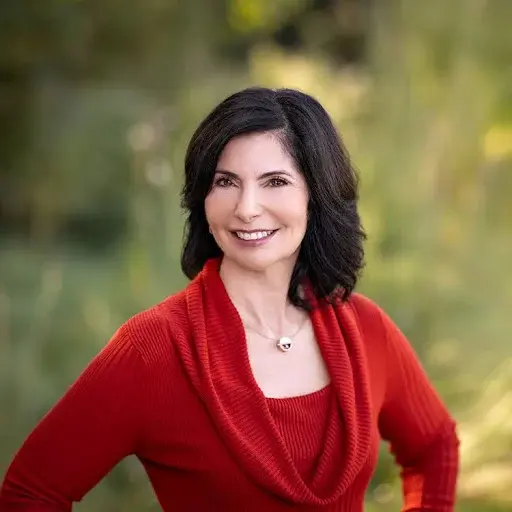
Dr. Lisabeth Medlock
Confident You: Believe in Yourself
Dr. Lisabeth Medlock
Confident You: Believe in Yourself
Dr. Medlock is a psychologist, ICF and Board Certified Coach and consultant with a mission to help people and organizations do better and be better. She serves as an advocate, solutions finder, change agent, and resource. For 30 years she has worked with public and nonprofit organizations, beginning in middle schools developing self-competence and conflict resolution programs. She has worked with over 100 organizations to improve their impact on the people and communities they serve. She has been a blogger for the Huffington Post, a TEDx speaker, an author, and has developed myriad curricula, training manuals, and self-help booklets.

Lauren Hudak
FearLESS: Building Brave Young Hearts
Lauren Hudak
FearLESS: Building Brave Young Hearts
Lauren Hudak is an educator with over eight years of experience. After graduating from the University of Virginia with degrees in English Literature and Media Studies, she went on to get her Masters in Teaching from New York University. Lauren has worked with all ages of students from Pre-K through college, but she thrives when working with middle schoolers. She believes this is the perfect age to integrate mindfulness, technology, and social emotional learning into student learning objectives. She wants to help students conquer their fears and build a better world. When she’s not teaching, Lauren loves being outdoors, traveling and spending time with her family.

Mariel Reyes
Meditation Foundation: Breath & Self-Awareness
Mariel Reyes
Meditation Foundation: Breath & Self-Awareness
Mariel Reyes is an engaging and experienced yoga and meditation teacher with over a decade of experience. She holds a 200-hour Meditation Teacher Training certificate from The Three Jewels, one of the most well-known meditation studios in New York City. As a seeker and student of meditation, she has taken part in meditation retreats from upstate New York, all the way to an ashram in India. Trained in the Tibetan Buddhist lineage, she brings her knowledge and understanding of ancient meditation teachings and practices and fuses them with simplicity and accessibility. She encourages children to be playful, curious, and inquisitive when exploring mindfulness and meditation. In addition to her expertise in meditation, yoga, and wellness, Mariel has more than 15 years of experience teaching children of all ages.
Sample Lesson Preview 
Emotional You: Manage Your Emotions
Recognizing Anger
Recognizing Anger
Recognizing anger is like learning to spot a storm before it hits.
When you’re angry, you might feel your face get hot, your fists clench, or your heart beat faster.
Your thoughts might be racing, thinking about what upset you or how unfair things seem.
Psychologists say that noticing these signs helps you manage your emotions better.
Paying attention to how your body feels and what you’re thinking when you’re angry can help you to handle anger in a healthy way.
Knowing when you are angry is the first step to then using tools to cope with the anger in helpful ways.
Sample Lesson Preview 
Confident You: Believe in Yourself
What is Self Confidence?
Definition of Self-Confidence
Let’s talk about what self-confidence means.
Self-confidence is something you can’t touch, but it affects how you feel. You can’t see it, but it is there when you look in the mirror. You can’t hear it, but it is there every time you talk about yourself.
Self-confidence is feeling good about yourself and knowing you are a likable, capable person.
I am sure self-confidence is a word you have heard and maybe you even know how to tell if people are confident. In this module, you will learn about self-confidence and self-esteem and how to identify both good and poor confidence and esteem. Remember, you can improve your self-confidence.
Sample Lesson Preview 
FearLESS: Building Brave Young Hearts
Fight, Flight, or Freeze
The Triple F’s of Fear
Fight, Flight, and Freeze are the three basic ways that our bodies respond to threats.
Your brain might decide that fighting the danger is best. For example, if you are faced with an unfriendly animal, you might yell or throw things at it to try to get it to go away. You might have learned to wave your arms and stomp your feet. You’re trying to prove that you are the bigger threat so the animal will leave you alone!
Sometimes, flight is the best option. Your brain wants to get you out of a dangerous situation quickly. This could mean physically running away from something scary, but it could also mean avoiding something that you find intimidating. For example, maybe it means not raising your hand in class because you’re scared you’ll get the answer wrong in front of others.
The last “F” stands for freeze. Sometimes, your brain can’t make a decision. Instead of fighting or running from the danger, you freeze up. You might have a hard time speaking or yelling, your mouth might go dry, or you might feel faint or lightheaded.
Sample Lesson Preview 
Meditation Foundation: Breath & Self-Awareness
What is mindfulness?
When to Practice Mindfulness
You don't need to wait for a stressful time to practice mindfulness. The practice of being mindful is available to you any time of the day! Taking a moment to take a deep breath during the course of your day, or stopping to admire a freshly bloomed flower is a way of practicing mindfulness. When you are slowing down and being present in the moment, you are being mindful.
